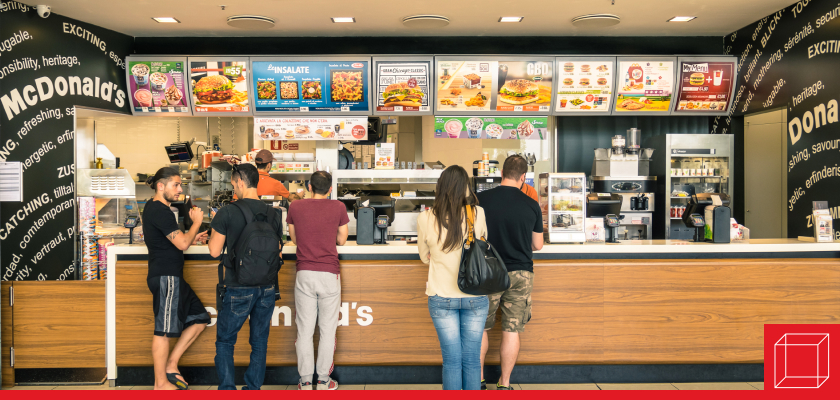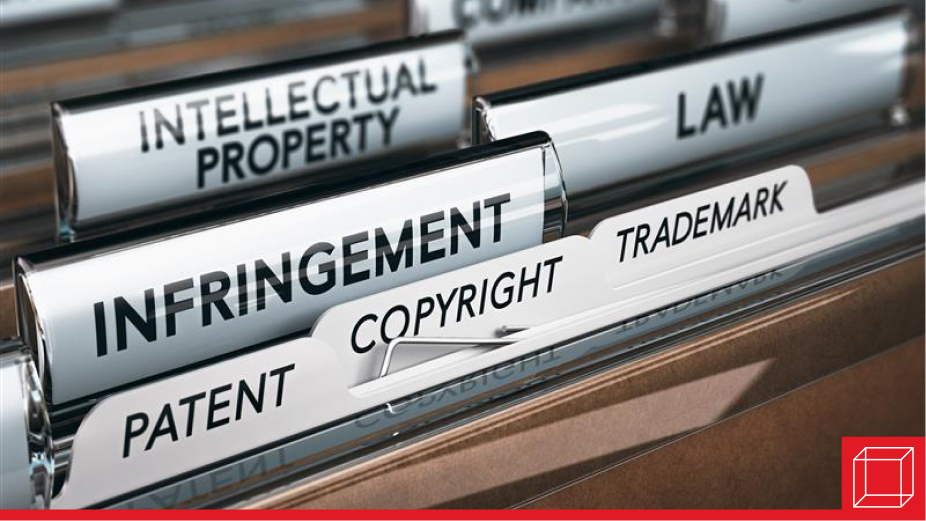Corporations Exit Russia Amid Ukraine Crisis | March 2022
Many consumer brands and industry groups have shown their support for Ukraine by aiding refugees and cutting off business with Russia.

Since Russia invaded Ukraine on February 24, 2022, Russia and its ally Belarus have faced penalties including economic sanctions, travel bans on Russian flights, and an exodus by corporations who refuse to do business in the country. Many consumer brands and industry groups have shown their support for Ukraine by aiding refugees and cutting off business with Russia.
Major companies, including PepsiCo, Coca-Cola, McDonald’s, Starbucks, Papa John’s, Estée Lauder, and Mastercard, have suspended Russian operations. While some believe this is a symbolic display of solidarity with Ukraine, others believe it is a direct result of U.S. consumers putting pressure on these multinational corporations. For example, McDonald’s remained silent on the war initially, attracting criticism, until it announced it would close all 850 of its locations in Russia.
Increasingly, consumers expect major corporations to take a stand on big issues, so staying quiet could negatively impact a company’s reputation. As people call for companies to withdraw from Russia, many are compiling lists of major players and the actions they take (or do not take). The reputational risk exposure only grows the longer a company waits to make a move.
Notably, Apple was one of the first companies to publicly declare it would halt operations in Russia. In addition, the tech giant pledged humanitarian support by providing aid to support refugees. In another example, Airbnb provided free temporary housing to 100,000 Ukrainian refugees.
Regardless of the motive, scaling back or cutting off operations in Russia could make a difference in the Russia-Ukraine war by stifling the country’s economy. It is also likely to pose a significant turning point with long-term implications for business in the country. The Russian government could retaliate against Western products and services, making it a hostile business environment in the future. This would have serious implications for the global supply chain.
Corporate social responsibility
Ceasing operations in a country is a complicated matter, especially where social responsibility is concerned. For instance, Pepsi has not fully ceased operations, opting to continue the sales of essential products, including baby formula, baby food, and milk. Likewise, P&G stopped spending on advertising and other promotional activities in Russia but said it would continue selling basic hygiene and personal care items such as feminine care products and baby products. These brands believe continuing sales of these items is the more humane path. This demonstrates that social responsibility is not black and white.
Financial implications
Cutting off business with Russia has serious financial implications for corporations. In Pepsi’s case, sales in Russia make up 4% of its annual revenue. This is an important market for the soda maker because it’s one of the few countries where Pepsi dominates rival Coca-Cola.
Additionally, the economic sanctions placed on Russia have made it complicated for companies to offload their Russian assets. For example, Norway is looking to eliminate Russian assets from its sovereign wealth fund, and multinational oil and gas company BP is looking to sell its 20% stake in Rosneft Oil Co PJSC, a Russian oil company. But, finding buyers will be complicated and challenging, which could lead to losses for the sellers.
In the Classroom
This article can be used to discuss social responsibility (Chapter 2: Business Ethics and Social Responsibility) and barriers to international business (Chapter 3: Business in a Borderless World).
Discussion Questions
Why are companies halting business with Russia?
How could cutting off business with Russia influence the conflict with Ukraine?
Do these actions influence your perception of these companies?
This article was developed with the support of Kelsey Reddick for and under the direction of O.C. Ferrell and Linda Ferrell.
Sources
Amelia Lucas, "Iconic U.S. Brands Coca-Cola, Pepsi, McDonald’s and Starbucks Suspend Business in Russia," CNBC, March 8, 2022, https://www.cnbc.com/2022/03/08/coca-cola-follows-mcdonalds-starbucks-in-suspending-business-in-russia.html
Liz Moyer and Janet H. Cho, "BP to Exit 20% Stake in Russia’s Rosneft," Barron's, February 27, 2022, https://www.barrons.com/articles/bp-to-exit-20-stake-in-russias-rosneft-51645984393
Rebecca Stewart and Rafael Canton, "Crisis in Ukraine: How Brands Are Stepping Up to Help," Adweek, March 2, 2022, https://www.adweek.com/brand-marketing/crisis-in-ukraine-how-brands-are-stepping-up-to-help/



